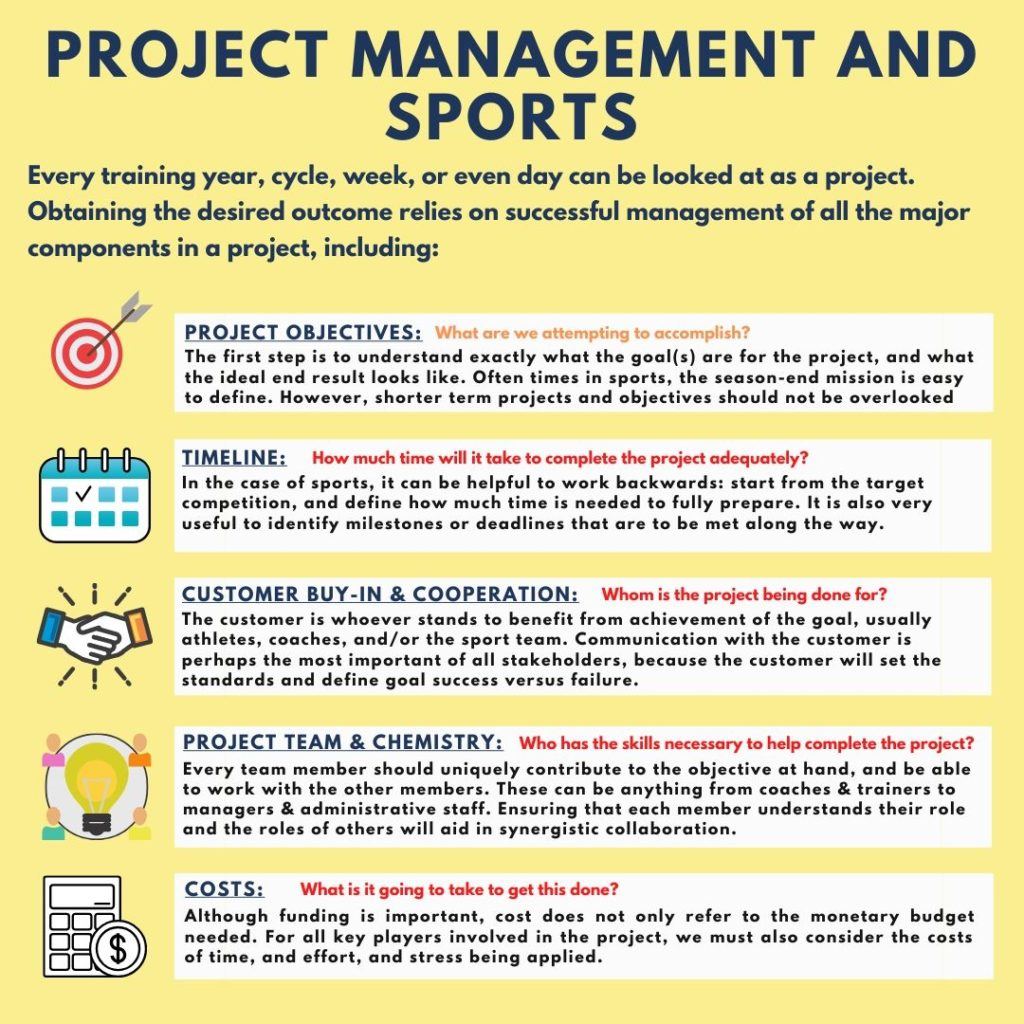This episode of the ALTIS Podcast features guest Mohammad Nourani and is hosted by Jason Hettler.
Mohammad is currently employed by NASA and has a degree in Engineering as well as an MBA. He also ran track collegiately and has 4 years experience coaching track and volleyball. The combination of these experiences means that Mohammad brings an interesting perspective to coaching and performance.
With that, this podcast is centered around Project Management – a topic that easily surfs the waters between business and sport.
Listen to the podcast below:
Just about any task we perform can be looked at as a project and asking the following questions can lead us toward the desired outcome:
- What are we attempting to accomplish?
- How much time will it take to complete the project adequately?
- Whom is the project being done for?
- Who has the skills necessary to help complete the project?
- What is it going to take to get this done?

In addition to discussing overarching themes and challenges, Mohammad balances the pros and cons of the major project management methodologies…
Waterfall
Due to it’s structured, step-by-step process, the Waterfall methodology is best suited for simple projects that are to be completed in a sequential manner. Within this, previous steps are not revisited. Therefore, a complete and deep understanding of the project at hand is critical prior to initiation. This rigidness presents the great risk involved within the Waterfall methodology as any necessary changes that may arise essentially result in starting the entire project over.
Agile
The Agile methodology attempts to fill the void that exists between Waterfall and complex projects. This methodology is common in software development as its flexibility leads to simultaneous and incremental work. This iterative process allows for adjustments, subsequently lowering the risk that is present within the more structured, Waterfall approach. Scrum is a subset of Agile and features project teams, sprints, and daily meetings.
Lean Six Sigma
Suitable for projects that are repetitive in nature, Lean Six Sigma is about meeting/exceeding customer needs efficiently and reducing the occurrences of defects. This is done by measuring value, waste, and variation. Common in manufacturing, Lean Six Sigma is rooted in the idea of Kaizen, or continuous improvement. Communication initiated by the Project Manager and centered around progress updates are critical to the success of the this as well as the other Project Management methodologies.
Listen to the podcast to learn more about the connections between business and sport and how Project Management can be applied within various aspects of life!
Show Notes:
- 0:55 – Mohammad’s Background & Connecting Business with Sport
- 8:42 – Why You Should Care About Project Management
- 13:13 – The Challenges with Project Management
- 18:45 – Overarching Themes of Project Management
- 20:30 – Waterfall Methodology
- 25:16 – Agile Methodology
- 28:46 – Scrum Methodology
- 32:19 – Lean Six Sigma Methodology
- 39:10 – Changing course and playing the long game
- 44:23 – Risks & Mitigation
- 46:14 – Commandments & Monuments
- 50:04 – Reviewing the process
- 54:06 – Getting the client involved
- 56:34 – Closing Remarks
Listen to the podcast here.

